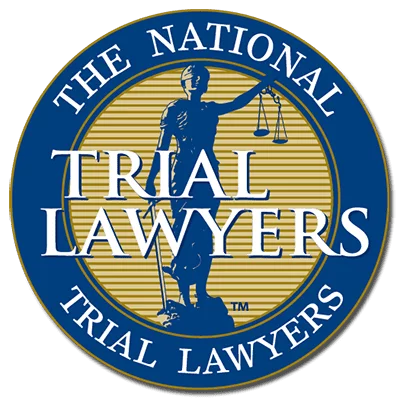WRONGFUL DEATH FAQ
Sean Chalaki has recovered millions of dollars in compensation for wrongful death plaintiffs in Texas. If you think you have a wrongful death claim after the tragic loss of a loved one, contact Sean Chalaki today to talk about your case.
Whether you’re in Dallas, Murphy, Carrollton, McKinney, Houston, Pasadena, Baytown, Sugar Land, Conroe, League City, or elsewhere in Texas, Sean Ckalaki can schedule a free consultation about your case. Simply call the Chalaki Law Firm office 972-793-8500, or use the firm’s online form.
Wrongful death claims can be subject to two statutes of limitations, which define how long someone can wait before bringing a claim. There is the limitations period on the claim that the deceased person could have filed. In Texas, that period is, in most cases, two years from the date of the person’s injury. There is also the limitations period on your own claim for wrongful death, which normally is two years from the date your spouse, child or parent died.
It’s important to consult with a qualified personal injury attorney without delay if you think you have a wrongful death claim, so you don’t risk losing the claim by waiting too long.
Any biological children of a deceased parent can bring a claim under the Texas Wrongful Death Act. An adopted child, who has been formally and legally adopted, can bring a wrongful death claim for the death of his or her adoptive parent, but not for his or her biological parent.
Adult children may sue for the wrongful death of a parent.
A person who prevails on a wrongful death claim may be able to recover what are known as actual damages and exemplary damages.
Actual damages include:
- Financial losses, such as the loss of the deceased person’s earning capacity and the value of the care, maintenance, services, support, advice and counsel he or she would have provided to family members.
- Mental anguish, which refers to your emotional pain, torment and suffering from the death of your family member.
- The loss of the positive benefits flowing from the love, comfort, companionship and society from the death of your family member.
- Loss of inheritance, referring to what the deceased person would have accumulated and left to you if he or she had lived a normal expected lifetime.
Exemplary damages are recoverable on a wrongful death claim when the person’s death is caused by the defendant’s willful act or omission or gross negligence.
Historically in Texas, the spouses, parents and children of someone who was killed in an accident could not sue for the damages that they suffered because of their loved one’s death. The Wrongful Death Act changed that by creating a new cause of action that lets these persons bring suit in the event they have actual damages from the death of their spouse, child or parent.
A wrongful death claim lets family members and the deceased’s estate recover compensation after someone causes the death of their spouse, parent or child.
(For More Information on Wrongful Death)
Texas Civil Practice and Remedies Code Title 4, Chapter 71 serves as the basis for wrongful death and survival lawsuits in Texas.










